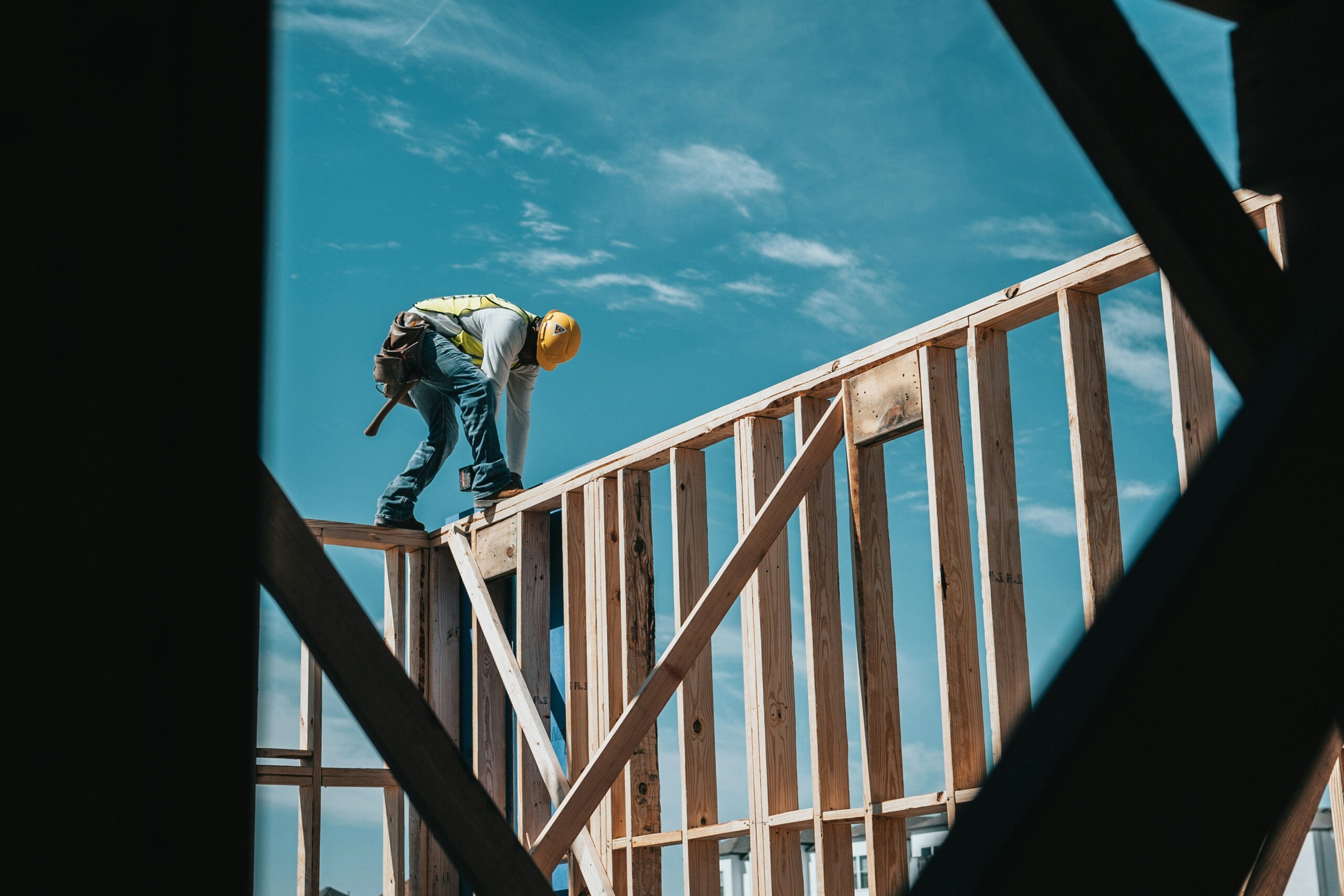
Choosing a home builder is a significant decision that can impact the success and satisfaction of your home-building experience. Below are some detailed steps and considerations to help you make an informed choice:
1. Define Your Needs and Budget
- Type of Home: Decide whether you want a custom home, semi-custom home, or a production home. Custom homes are fully designed to your specifications, while production homes are pre-designed with limited customization options.
- Budget: Establish a realistic budget, including potential extras and contingencies. This will guide your builder choices and help you avoid overspending.
2. Research Potential Builders
- Local Builders: Start by looking for builders in your area. Local builders will be familiar with regional building codes, suppliers, and subcontractors.
- Reputation and Experience: Look for builders with a solid reputation and extensive experience. Check their track record for delivering projects on time and within budget.
3. Check Credentials and References
- Licensing and Insurance: Ensure the builder is licensed and insured. This protects you in case of accidents or poor workmanship.
- References: Ask for references from past clients and take the time to contact them. Inquire about their satisfaction with the builder’s work, communication, and problem-solving abilities.
4. Review Portfolios and Visit Model Homes
- Portfolios: Review the builder’s portfolio to see the range and quality of their work. Look for designs that match your style and expectations.
- Model Homes: Visit model homes or homes currently under construction. This gives you a firsthand look at their craftsmanship and attention to detail.
5. Interview Multiple Builders
- Consultations: Schedule consultations with multiple builders to discuss your project. Prepare a list of questions regarding timelines, costs, materials, and design flexibility.
- Communication: Assess their communication style. A builder who listens and responds clearly to your questions is crucial for a smooth building process.
6. Understand the Contract and Warranty
- Detailed Contract: Ensure the contract includes detailed specifications about the work, timelines, payment schedules, and materials used.
- Warranty: Review the warranty offered by the builder. A good warranty should cover structural defects and other significant issues for a substantial period.
7. Evaluate the Builder’s Team and Network
- Team: Learn about the builder’s team, including project managers and subcontractors. A well-coordinated team is essential for efficient project execution.
- Network: Builders with a strong network of suppliers and subcontractors can often ensure better quality materials and timely completion.
8. Check for Red Flags
- Delays and Budget Overruns: Consistently experiencing delays and budget overruns can be a red flag.
- Poor Communication: If a builder is unresponsive or vague in communication, it might indicate potential problems down the line.
- Negative Reviews: Pay attention to negative reviews and complaints, especially if they mention the same issues repeatedly.
9. Consider the Builder’s Financial Stability
- Financial Health: A financially stable builder is less likely to run into issues that could delay or halt your project. You can ask for financial references or check credit ratings if available.
10. Trust Your Instincts
- Comfort Level: Choose a builder you feel comfortable with. Trust your instincts about whether they are honest, transparent, and genuinely interested in delivering your dream home.
By following these steps, you can narrow down your choices and select a builder who meets your needs, fits your budget, and aligns with your vision for your new home.

